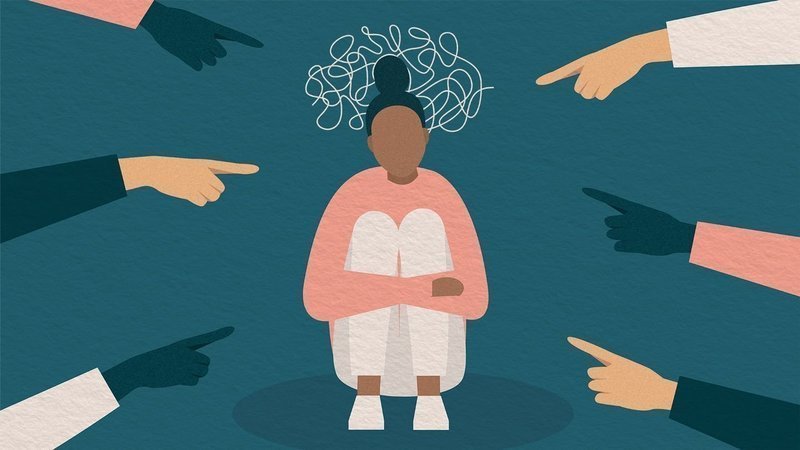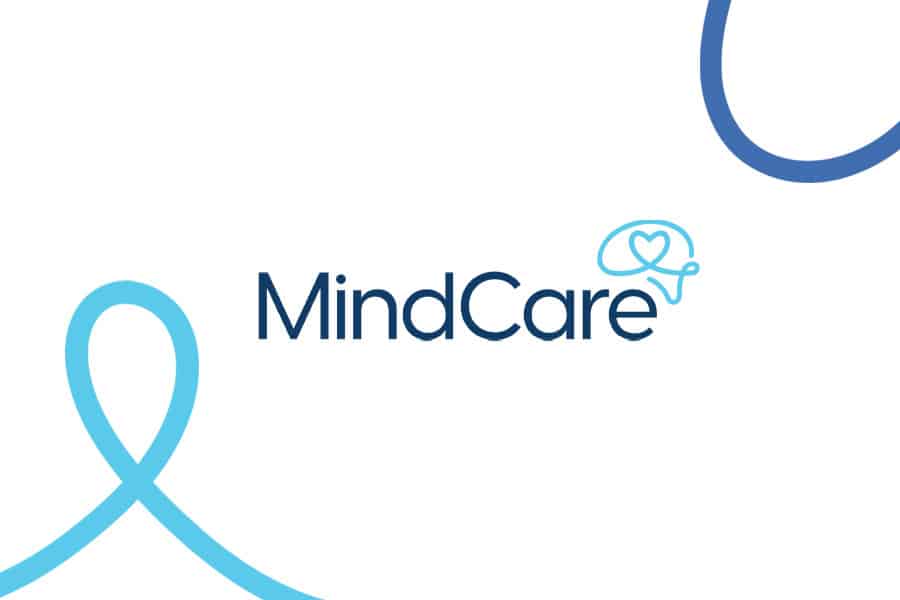Social anxiety disorder is an intense fear of being judged, watched, or embarrassed in social settings.
People with social anxiety may avoid everyday situations—meeting people, speaking publicly, or even eating in public—due to fear of humiliation. It is one of the most common anxiety conditions, affecting approximately 10% of Australians in their lifetime.
How does social anxiety affect daily life?
Social anxiety can impact education, work, relationships, and health.
People may:
- Withdraw from social settings
- Avoid career opportunities
- Experience chronic stress, loneliness, and low self-esteem
Physical symptoms include:
- Rapid heart rate
- Nausea
- Blushing or trembling
- Shortness of breath
Catherine Madigan’s insight: Treating ‘hidden’ social anxiety
Catherine Madigan, psychologist, identifies overlooked social anxiety in clinical settings.
In a case cited by the Australian Psychological Society, she shares how a young adult with schizophrenia showed minimal psychotic symptoms, yet his real issue was severe untreated social anxiety. This unrecognised anxiety led to isolation and loss of independence.
Amy’s story: From isolation to progress with CBT
Amy, diagnosed with endometriosis as a teen, faced years of chronic pain and deepening social withdrawal.
Her social anxiety developed during high school and worsened after graduation. She recalls:
“Every situation I was in, I felt like I had to know how to get out… it was too much.”
With the help of Cognitive Behavioural Therapy (CBT), Amy slowly rebuilt confidence:
- She practiced daily strategies
- Developed awareness of warning signs
- Adopted self-care through routine, diet, and exercise
She credits her progress to a supportive network of family, therapy, and consistent self-commitment.
What are effective coping strategies for social anxiety?
Managing social anxiety involves psychological therapies and lifestyle changes.
Mind Care equips clients with practical tools to reclaim control:
Cognitive Behavioural Therapy (CBT)
CBT is a gold-standard treatment. It:
- Identifies negative thought patterns
- Restructures beliefs
- Builds behaviour-based confidence
“Today I escaped anxiety. Or no, I discarded it.” — Marcus Aurelius
Mindfulness Techniques
Mindfulness supports emotional regulation by:
- Anchoring attention in the present
- Reducing overthinking
- Enhancing resilience in social settings
Exposure Therapy
Exposure therapy reduces anxiety by:
- Gradually facing feared situations
- Desensitising the nervous system
- Rebuilding social tolerance
It is a key element of long-term anxiety recovery plans.
Diet and Exercise
Lifestyle choices influence emotional stability.
- Exercise increases endorphins and regulates sleep
- Balanced diets reduce cortisol and support gut-brain function
Even moderate changes can reduce symptoms over time.
How does Mind Care support people with social anxiety?
Mind Care offers an evidence-based, person-centred approach to treating social anxiety.
Located in the Hunter Region of NSW, and NDIS-accredited, Mind Care provides:
- Personalised therapy plans
- CBT, exposure therapy, and mindfulness integration
- Nutrition and wellbeing guidance
- Coordination with families and allied health providers
FAQs
What is social anxiety?
A condition marked by intense fear of being judged or embarrassed in social settings.
How does social anxiety manifest?
Through avoidance, negative self-talk, and physical symptoms like rapid heartbeat or nausea.
Can social anxiety be treated?
Yes. CBT, mindfulness, and exposure therapy are effective, evidence-based treatments.
What is CBT?
Cognitive Behavioural Therapy identifies and changes thought patterns that drive anxiety.
What does mindfulness do?
It helps ground you in the present, reducing worry and emotional reactivity.
How does exposure therapy work?
By gradually facing feared situations to reduce sensitivity and anxiety triggers.
Can lifestyle changes help?
Yes. Regular exercise and a healthy diet lower anxiety by supporting brain chemistry.
What services does Mind Care offer for social anxiety?
Therapy sessions, behaviour plans, NDIS-aligned support, and long-term mental health care.
Ready to take back control from social anxiety?
Living with social anxiety doesn’t have to mean living in fear of connection.
At Mind Care, we provide structured, evidence-based therapy designed to help you rebuild confidence, reduce avoidance, and engage meaningfully with your world.
Take the next step today—connect with a psychologist who understands social anxiety and will work with you to create a personalised plan for long-term mental health and emotional freedom.











